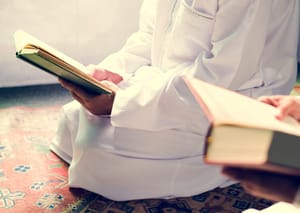THE ROOTS OF Islamic education in Malaysia date back to the 13th century, with the arrival of Islam through trade and missionary activities. Early learning centres, usually held in palaces, homes of teachers and mosques, were established to teach the Quran, Hadith (traditions of the Prophet) and other Islamic knowledge.
During British colonial rule, the focus shifted towards secular education, causing a decline in traditional Islamic schools. However, the Muslim community maintained its religious education through “sekolah pondok”—village-based institutions where students lived and studied under the guidance of religious teachers. These schools were critical in preserving Islamic knowledge and practices.






